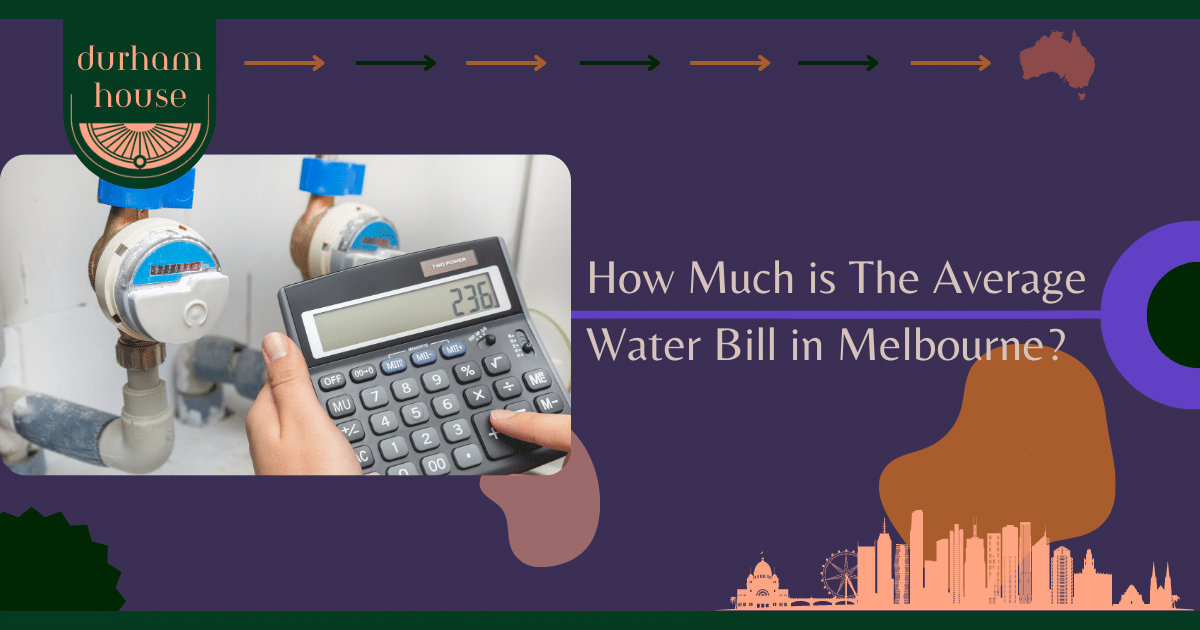Navigating Parking Regulations in Residential Strata Buildings
Dealing with parking regulations in residential strata buildings can be frustrating. in particular, finding a spot for your visitors or even encountering complaints from other residents about their parking. These are common issues encountered by managers and residents of strata buildings almost daily.
That being said, there are some things you can do to navigate these regulations and make sure everyone is happy. If you can understand the regulations and what to do in scenarios, you’ll be better equipped to handle any issues. This blog post will go through some tips to navigate parking regulations in residential strata buildings.
Check with your strata manager or body corporate to find out your specific parking regulations
Managing your life around the rules they implement can be challenging when moving into large apartments or strata buildings. It is essential to take a moment and make sure you understand the specific parking regulations for your building. Your strata manager or body corporate will be able to provide all the details of where you should and should not park, ensuring that your visit is smooth sailing.
Beyond the convenience factor, several logistical considerations could affect the safety of your guests and their vehicles. This can include potential fines or other repercussions associated with unauthorised parking on your property. Research can help determine what type of conduct is acceptable and appropriate.
These precautions can help protect you and your visitors so everyone has a positive experience.
Learn the rules and regulations and ensure they’re followed
All strata buildings have parking rules and regulations specific to the building. This means that not every building has the same rules, meaning understanding differences is essential.
These rules are in place to ensure the space is safe and use of the resources is fair to everybody involved. Depending on the size of the building, rules may include time restrictions for visitor parking, designated areas for tenants or visitors and time limits for guests.
For example, an owners corporation may require that visitors park in designated areas only, limit the number of cars allowed to be parked at once by one particular tenant or visitor, and impose a maximum stay duration for vehicles parked on the premises. These rules will be in place to ensure that all tenants and visitors can use the parking facilities safely and respectfully.
Rules related to parking usually look something like this, here is an example of a stipulation regarding parking on common property.
4.2 Vehicles and parking on common property
An owner or occupier of a lot must not, unless in the case of an emergency, park or leave a motor vehicle or other vehicle or permit a motor vehicle or other vehicle:
a. To be parked or left in parking spaces situated on common property and allocated to other lots; or
b. On the common property so as to obstruct a driveway, pathway, entrance or exit to a lot; or
c. In any place other than a parking area situated on common property specified for that purpose by the owner’s corporation
If a car is parked in a way that breaches the Model Rules, the Owners Corporation will be able to issue the offender with a notice to rectify the breach. If the behaviour continues after two breach notices have been issued, the matter may be taken to VCAT.
Have consideration and ensure you or your visitors don’t park in spaces without permission
You should also be mindful of the other residents in your community and prioritise their comfort when parking. Just as you wouldn’t want someone taking your parking area, you should also ensure you do your best to avoid parking in anyone else’s spaces and ask your guests to do the same.
It may take an extra moment, but you will ensure the peace and respect of all those residing in your building. Then later down the track, it’s inevitable that others will return the favour due to the trust you’ve built in the community.
What to do if someone is parking in your space
It can be frustrating to come home and find someone has parked in your space without your permission. This not only takes away from the convenience of having an allocated parking spot but can also be a safety issue. These are the recommended steps to deal with this situation quickly and effectively.
You should remain calm when dealing with unauthorised parking on your property. It is too familiar for disputes to escalate, and this could lead to further conflict or even legal issues. Make sure you’re in the right frame of mind and not too reactive when approaching the situation.
The next step is identifying who owns or is responsible for the vehicle that has taken up residence in your parking space. Depending on where you live, there may be signs indicating which vehicles belong in each area. If this isn’t available, doing a quick check of other residents’ cars or asking neighbours might help.
If you are unable to identify the owner of the vehicle or they are not willing to move it, then your next step should be to contact the building manager for assistance. They can take appropriate action to ensure that all residents follow parking rules and regulations to preserve a safe and pleasant living environment.
What about towing?
If all else fails, you can always consider towing the vehicle away from your space. Towing is a last resort solution for unauthorised parking and can be expensive. When it comes to towing vehicles away from your allocated parking space, you should consider a few key things.
Before proceeding, check with your building manager before pursuing this route, they may be able to provide you with more information about the correct procedure. Then it would be best if you made sure all legal paperwork and documentation needed for towing a vehicle are in order before anything else takes place. This includes proof of ownership of the parking space and permission from the building owners if necessary.
After completing the legalities, you can contact a tow truck company to come and remove the vehicle from your property. Make sure you choose a reputable and insured tow truck company with the necessary methods and equipment to transport any vehicle from your parking spot safely.
They should also be able to provide you with written confirmation that they will be taking responsibility for any damage caused by the removal of the vehicle. Also, get confirmation that they will transport it safely away from your property and not disrupt other residents.
Final thoughts
Parking can be a touchy subject for many strata residents. By following the tips above, you can avoid any potential conflict with your neighbours and ensure that you comply with the rules set out by your strata building. Remember, the regulations are there for a reason, to keep everyone safe and happy in their homes.












